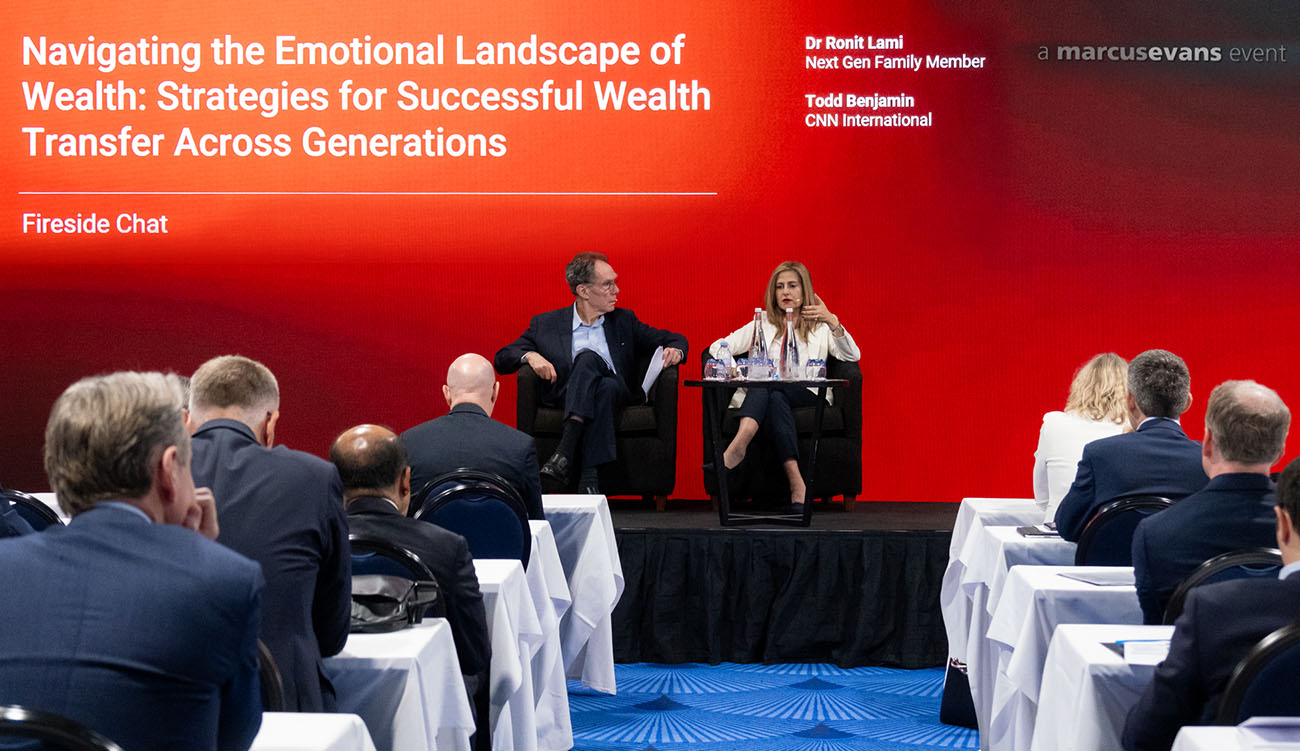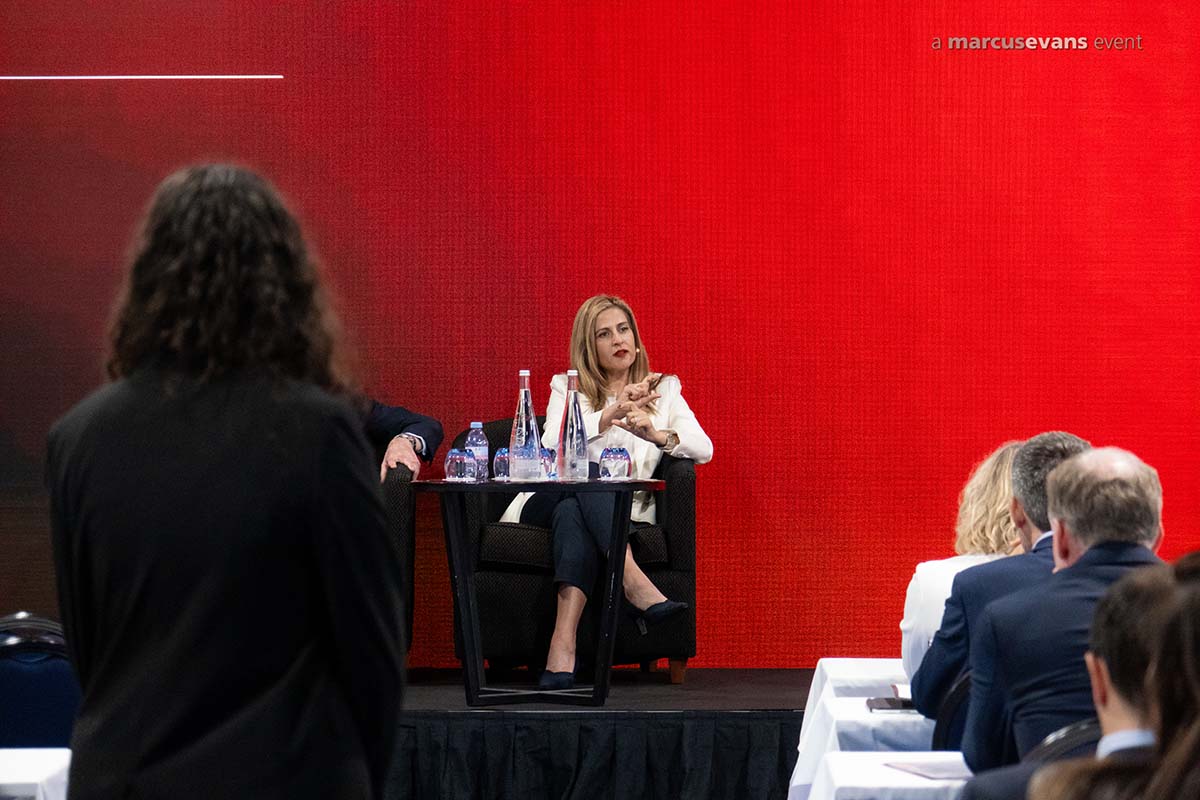In a recent article with Canadian Family Office Magazine Dr Lami provides insights into the benefits of family therapy for family businesses and across generations.
As a wealth psychologist who has worked with ultra-high-net-worth individuals and families from diverse cultural and generational backgrounds, I have gained unique insights into the complexities and nuances of family dynamics.
In this post, I will share my experiences and discuss how therapy can help bridge the gap between generations and cultures in family businesses. By understanding the different attitudes towards therapy and leveraging it as a tool for growth and communication. Families can create a strong foundation for their future and ensure the continued success of their enterprises.
Understanding Cultural and Generational Differences
As a wealth psychologist working with ultra-high-net-worth individuals and families, I have observed how cultural and generational differences can impact their response to stress. Our cultural backgrounds often shape our behaviors and attitudes. These differences have been handed down through generations, creating a kind of cultural DNA.
It is therefore natural for individuals from different cultures and generations to respond differently to stress and seek therapy.
Generational Attitudes Toward Therapy
The idea of “just getting on with it” resonates more with baby boomers and gen X. While generations Y, and Z have a more open attitude towards therapy. This is due to rapid changes in our world, resulting in different experiences and mindsets across generations.
In the past, people did not have the option or awareness to seek psychological help, and they did not view their experiences as traumatic. However, younger generations are exposed to much more, causing confusion, sensitivity, competition, and a greater need for therapy.
Developing Resilience and Self-Confidence
In today’s world, people are more sheltered in some ways, which can hinder the development of resilience and the ability to cope with difficult situations. Comparing oneself to others can be detrimental to one’s self-confidence, self-esteem, and self-worth.
It is important to recognize that each generation has its strengths and weaknesses and that guilt or shame is not productive. Traumas and anxieties are fear-based and not generation-based, and each generation faces its own unique challenges.
Making Therapy a Healthy Source of Family Communication
It is crucial to bridge the gap between generations and cultures when it comes to therapy. One way to do this is to help people understand that therapy is more than just talking about problems. Therapy is a gift, not a punishment, and can be a valuable tool for personal growth and development.
To make therapy more accessible to those with different perspectives, it can be helpful to frame it as coaching or mentoring rather than therapy. Just as a sports person hires a coach to reach their potential, families can also benefit from coaches. Coaches help families understand their dynamics and function at their highest potential.
Final Thoughts
Understanding and addressing the cultural and generational differences in family businesses is essential for promoting healthy communication and relationships. By embracing therapy as a positive tool for growth, families can navigate the complexities of their lives and create a strong foundation for their future.




